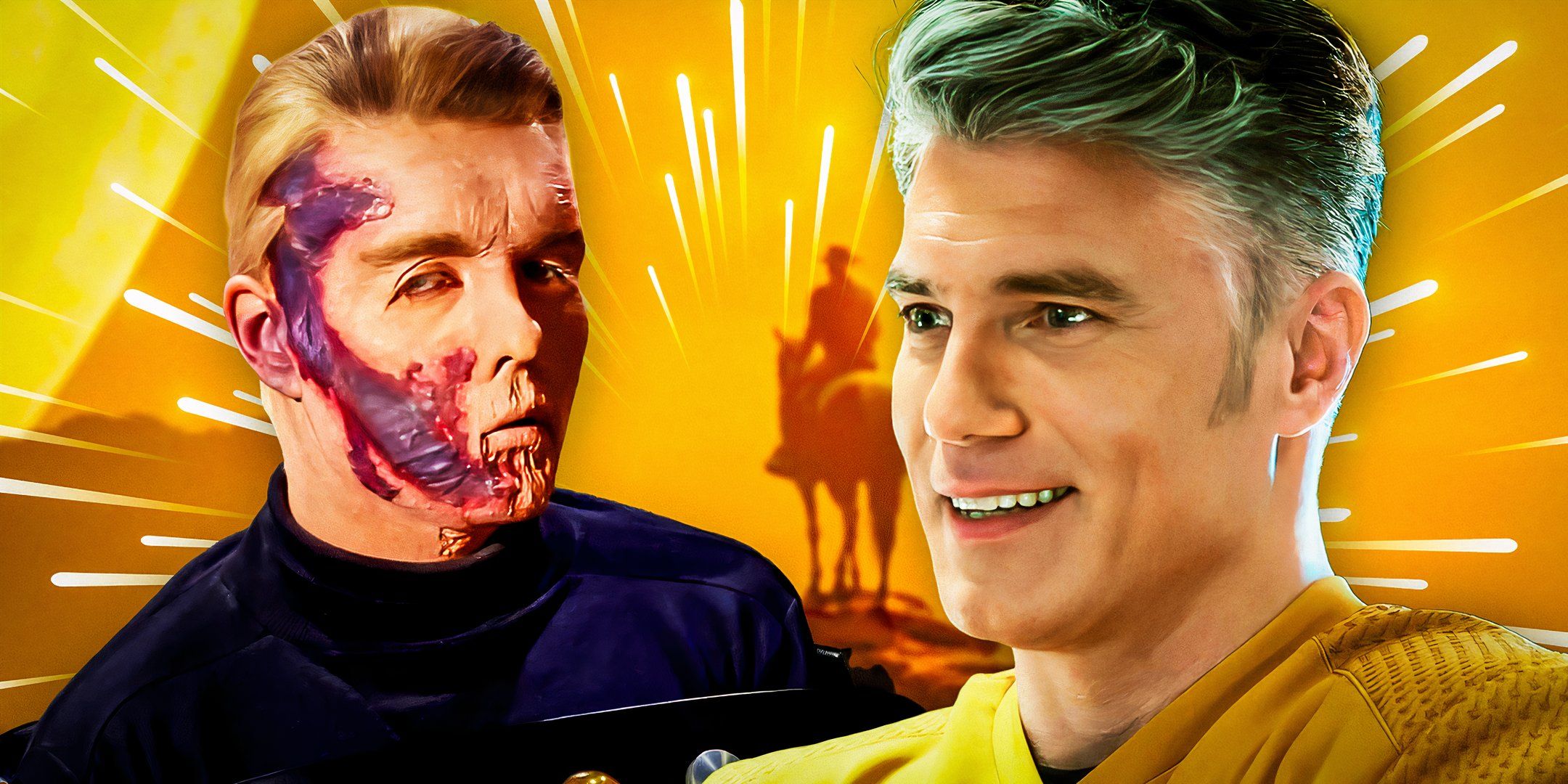Is an established telepathic connection really blocked by physical barriers? Michael Burnham was able to communicate telepathically with Sarek over an astonishing distance.
You don't need to drag in that, let's call it JV material here. This is the varsity Star Trek board.
 You could make the same argument from "The Menagerie" framing story, or "The Immunity Syndrome" with the Intrepid Vulcans goosing Spock.
You could make the same argument from "The Menagerie" framing story, or "The Immunity Syndrome" with the Intrepid Vulcans goosing Spock. 
But the leaded glass blocked Spock from reaching Kirk from a half-inch away. That has to mean something.

